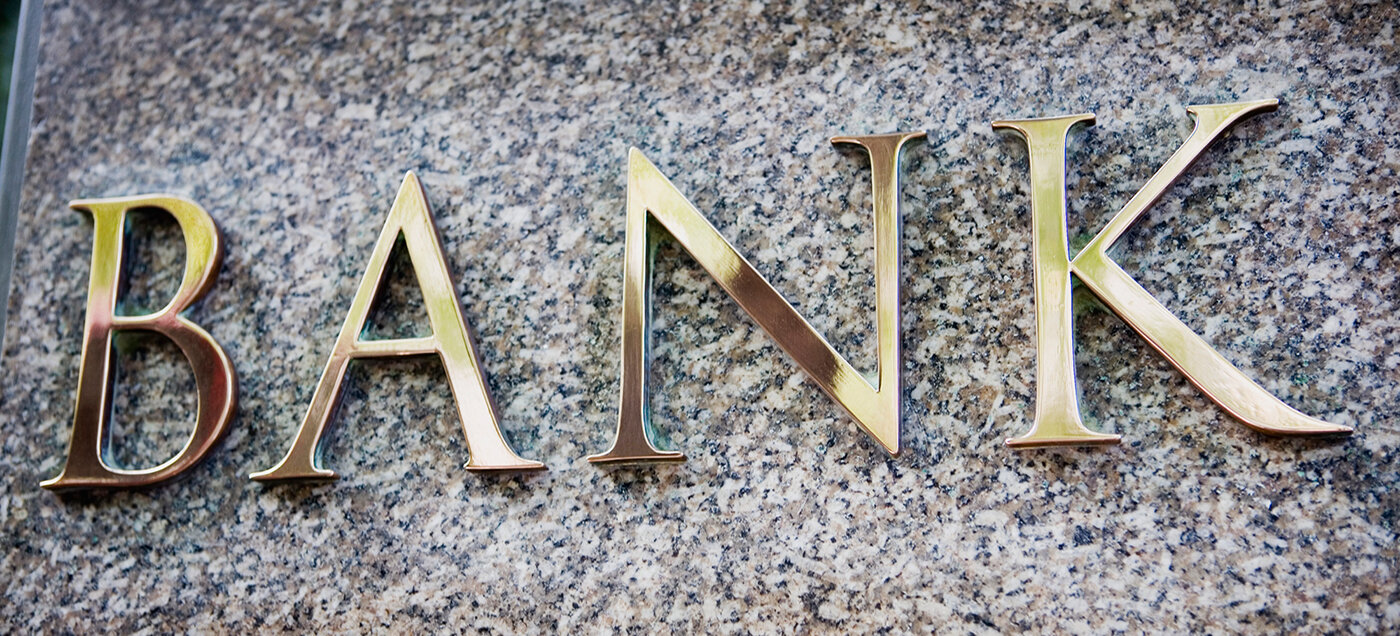Residential Real Estate News

Mortgage Applications Dip in Late March
Residential News » Washington D.C. Edition | By WPJ Staff | March 24, 2021 8:33 AM ET
According to the Mortgage Bankers Association's latest Weekly Mortgage Applications Survey for the week ending March 19, 2021, U.S. mortgage applications decreased 2.5 percent from one week earlier.
The Market Composite Index, a measure of mortgage loan application volume, decreased 2.5 percent on a seasonally adjusted basis from one week earlier. On an unadjusted basis, the Index decreased 2 percent compared with the previous week.
The Refinance Index decreased 5 percent from the previous week and was 13 percent lower than the same week one year ago. The seasonally adjusted Purchase Index increased 3 percent from one week earlier. The unadjusted Purchase Index increased 3 percent compared with the previous week and was 26 percent higher than the same week one year ago.

"The 30-year fixed mortgage rate increased to 3.36 percent last week and has now risen 50 basis points since the beginning of the year, in turn shutting off refinance incentives for many borrowers. Refinance activity dropped to its slowest pace since September 2020, with declines in both conventional and government applications. Mortgage rates have moved higher in tandem with Treasury yields, as the outlook for the U.S. economy continues to improve amidst the faster vaccine rollout and states easing pandemic-related restrictions," said Joel Kan, MBA's Associate Vice President of Economic and Industry Forecasting. "Purchase applications were strong over the week, driven both by households seeking more living space and younger households looking to enter homeownership. The purchase index increased for the fourth consecutive week and was up 26 percent from last year's pace. The average purchase loan balance increased again, both by quickening home-price growth and a rise in higher-balance conventional applications."
Added Kan, "Inadequate housing inventory continues to put upward pressure on home prices. As both home-price growth and mortgage rates continue this upward trend, we may see affordability challenges become more severe if new and existing supply does not significantly pick up."
The refinance share of mortgage activity decreased to 60.9 percent of total applications from 62.9 percent the previous week. The adjustable-rate mortgage (ARM) share of activity increased to 3.2 percent of total applications.
The FHA share of total applications remained unchanged from 11.7 percent the week prior. The VA share of total applications decreased to 9.8 percent from 10.3 percent the week prior. The USDA share of total applications remained unchanged from 0.4 percent the week prior.
The average contract interest rate for 30-year fixed-rate mortgages with conforming loan balances ($548,250 or less) increased to 3.36 percent from 3.28 percent, with points increasing to 0.42 from 0.41 (including the origination fee) for 80 percent loan-to-value ratio (LTV) loans. The effective rate increased from last week
The average contract interest rate for 30-year fixed-rate mortgages with jumbo loan balances (greater than $548,250) increased to 3.40 percent from 3.34 percent, with points increasing to 0.43 from 0.40 (including the origination fee) for 80 percent LTV loans.
The effective rate increased from last week. The average contract interest rate for 30-year fixed-rate mortgages backed by the FHA increased to 3.35 percent from 3.25 percent, with points increasing to 0.41 from 0.38 (including the origination fee) for 80 percent LTV loans.
The effective rate increased from last week. The average contract interest rate for 15-year fixed-rate mortgages increased to 2.72 percent from 2.67 percent, with points increasing to 0.40 from 0.37 (including the origination fee) for 80 percent LTV loans.
The effective rate increased from last week. The average contract interest rate for 5/1 ARMs decreased to 2.79 percent from 2.82 percent, with points increasing to 0.44 from 0.30 (including the origination fee) for 80 percent LTV loans. The effective rate increased from last week.
Sign Up Free | The WPJ Weekly Newsletter
Relevant real estate news.
Actionable market intelligence.
Right to your inbox every week.
Real Estate Listings Showcase
Related News Stories
Residential Real Estate Headlines
- More Americans Opting for Renting Over Homeownership in 2024
- BLOCKTITLE Global Property Tokenization Platform Announced
- Small Investors Quietly Reshaping the U.S. Housing Market in Late 2024
- Greater Miami Overall Residential Sales Dip 9 Percent in November
- U.S. Home Sales Enjoy Largest Annual Increase in 3 Years Post Presidential Election
- U.S. Housing Industry Reacts to the Federal Reserve's Late 2024 Rate Cut
- U.S. Home Builders Express Optimism for 2025
- Older Americans More Likely to Buy Disaster-Prone Homes
- NAR's 10 Top U.S. Housing Markets for 2025 Revealed
- U.S. Mortgage Delinquencies Continue to Rise in September
- U.S. Mortgage Rates Tick Down in Early December
- Post Trump Election, U.S. Homebuyer Sentiment Hits 3-Year High in November
- Global Listings Aims to Become the Future 'Amazon of Real Estate' Shopping Platform
- Greater Las Vegas Home Sales Jump 15 Percent in November
- Ultra Luxury Home Sales Globally Experience Slowdown in Q3
- World Property Exchange Announces Development Plan
- Hong Kong Housing Market to Reach Equilibrium in Late 2025
- Construction Job Openings in U.S. Down 40 Percent Annually in October
- U.S. Mortgage Applications Increase in Late October
- World Property Markets, World Property Media to Commence Industry Joint-Venture Funding Rounds in 2025
- New Home Sales Hit 2 Year Low in America
- U.S. Pending Home Sales Increase for Third Consecutive Month in October
- Pandemic-led Residential Rent Boom is Now Fizzling in the U.S.
- Emerging Global Real Estate Streamer WPC TV Expands Video Programming Lineup
- 1 in 5 Renters in America Entire Paycheck Used to Pay Monthly Rent in 2024
- U.S. Home Sales Jump 3.4 Percent in October
- Home Buyers Negotiation Power Grows Amid Cooling U.S. Market
- Canadian Home Sales Surge in October, Reaching a Two-Year High
- Greater Orlando Area Home Sales Continue to Slide in October
- U.S. Mortgage Credit Availability Increased in October
- U.S. Mortgage Rates Remain Stubbornly High Post Election, Rate Cuts
- Construction Input Prices Continue to Rise in October
- BETTER MLS: A New Agent and Broker Owned National Listings Platform Announced
- Home Prices Rise in 87 Percent of U.S. Metros in Q3
- Caribbean Islands Enjoying a New Era of Luxury Property Developments
- The World's First 'Global Listings Service' Announced
- Agent Commission Rates Continue to Slip Post NAR Settlement
- Market Share of First Time Home Buyers Hit Historic Low in U.S.
- Greater Palm Beach Area Residential Sales Drop 20 Percent Annually in September
- Mortgage Applications in U.S. Dip in Late October





